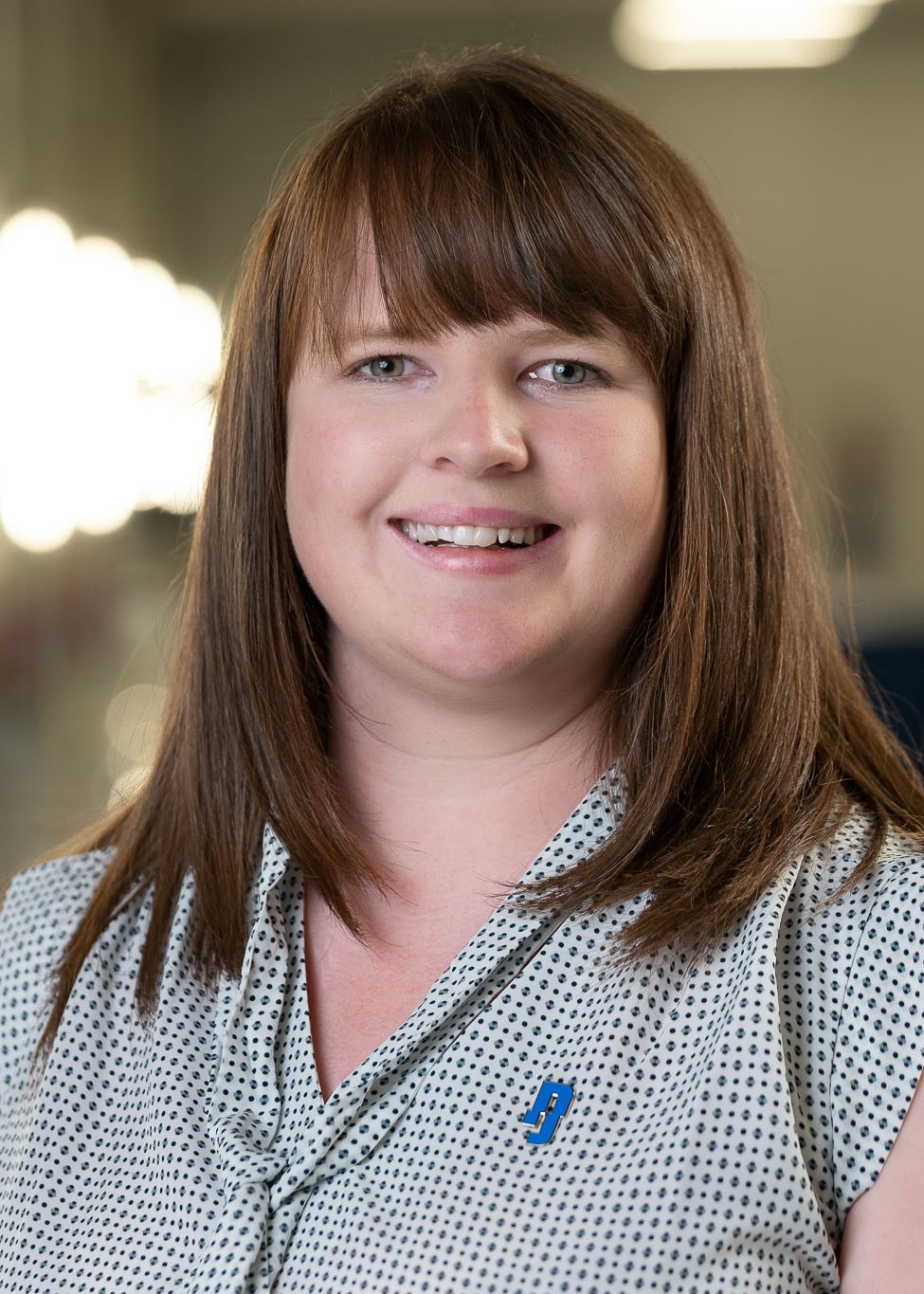Dr Emily Lane-Hill

Race Against Dementia Fellow, Assistant Professor
Email:
Phone: 024 765 75381
Office: IBRB 1.29
Twitter: @EmilyHill1995 twitter
Hill-Lane webpage
Research Clusters
Neuroscience (Cluster Co-Lead)
Research Interests
1 in 3 people born today will develop dementia in their lifetime. Dementia is a chronic diagnosis for which there is currently no preventive drug treatment or cure. Around 70 % cases of dementia are caused by a single disorder, Alzheimer’s disease. Two of the main pathological hallmarks of Alzheimer’s disease are the accumulation of a proteins called amyloid beta and tau. My 5-year project as a Race Against Dementia Research Fellow will investigate the role of tau in diseases that can lead to dementia.
Tau is a protein that is highly expressed in nerve cells in the brain and helps to maintain their correct shape. In Alzheimer’s disease, tau molecules can misfold and join to form clumps. These early aggregates are thought to be amongst the most toxic forms of tau and can disrupt the function of neurons in the brain, even in the very early stages of disease.
Our lab has previously shown that tau aggregates can disrupt nerve cell function and the pathways that underpin learning and memory. For example, they can make neurons more excitable and change how they can communicate with each other.
In my research I use a wide range of techniques. In the lab I primarily use a highly specialised method which allows me to record the function of a single neuron at a time and challenge it with these tau aggregates to look at changes in function. I then complement this with detailed analysis to help to predict the underlying mechanisms.
My project will explore how tau mediates neuronal disfunction, and I hope that this new knowledge and understanding will highlight novel targets for treating Alzheimer’s disease in the future.
Research: Technical Summary
Tau is responsible for modulating microtubule stability. In Alzheimer’s disease, tau can dissociate from microtubules and then aggregate to form small toxic soluble oligomers. The mechanisms of how these tau oligomers produce neuronal dysfunction are still not fully defined. By delivering tau oligomers into single neurons during single and multiple whole-cell patch clamp recording in brain slices, I have directly measured the acute effects of tau oligomers in neurons. This gave me an unparalleled level of control, regarding the structure, form, and concentration of tau oligomers delivered into neurons. Using this approach, I have previously demonstrated that oligomers formed from full-length human tau change neuronal excitability, action potential dynamics, basal synaptic transmission, and plasticity.
I then generated truncated forms of tau, tested them experimentally and combined this with computational modelling. In this 5-year project, I aim to uncover the mechanisms of action for the disruption to neuronal function and to test ways to interrupt the changes. Increasing our understanding of the direct actions of tau oligomers and their functional implications will lead to better understanding of the disease process and provide new avenues for the development of diagnostics and therapeutics.
I have ongoing collaborations internally at Warwick (Engineering) and both nationally (University of Aston, Manchester Metropolitan University) and internationally (University of Gothenburg, Sweden and the University of Tromso, Norway) on aspects of Alzheimer’s disease and Parkinson’s disease pathology, and carbon dioxide modulation of neuronal function. I am always looking for opportunities to network and build new collaborations, so please get in touch.
In addition to my research, I have been the co-lead of the Neuroscience research cluster and chair the SLS PostDoc Society. I am also currently an Associate fellow of the Institute of Advanced studies and an active member of the ARUK midlands network.
- Co-chair of the Neuroscience Research Cluster (2023-2024)
- Chair of the SLS PostDoc Society (2022-2024)
-
Race Against Dementia Research Fellow (funded by the Barbara Naylor Foundation) (2021-2026)
-
Associate fellow of the Institute of Advanced studies (Since 2021)
-
PhD in Neuroscience from the University of Warwick (2016-2021)
- BSc (hons) Medical Genetics from the University of Leicester (2013-2016)
